Beware of Valentine's Day! ChatGPT threat looms over lovers, says McAfee
McAfee, which has shared its Modern Love Report highlighting ‘Artificial Intelligence (AI) is Now Playing Cupid with 78% Indian Adults Falling for ChatGPT Love Letter’.
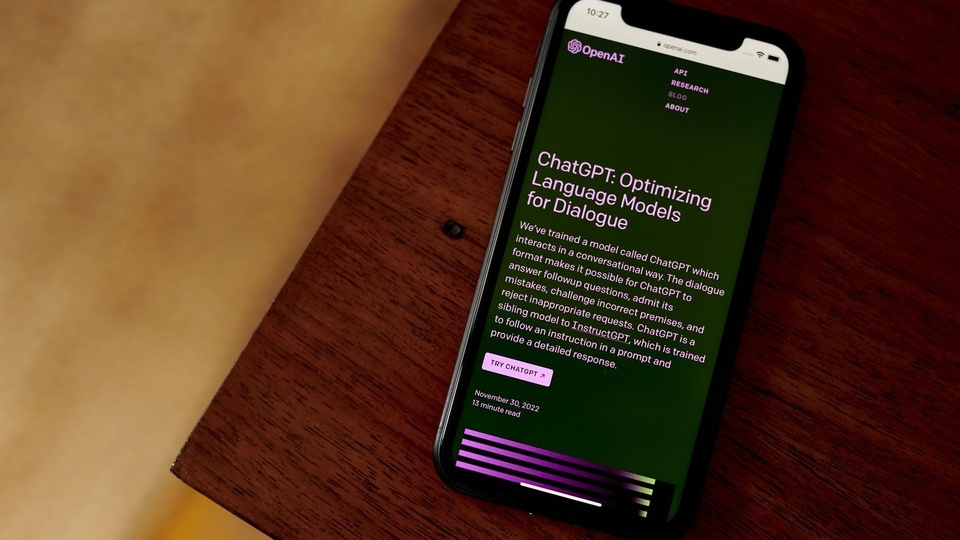
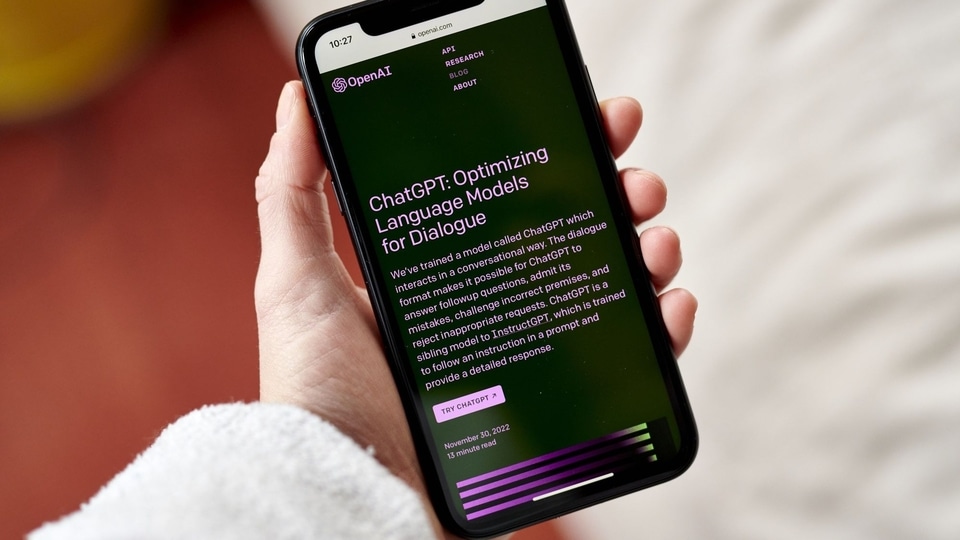
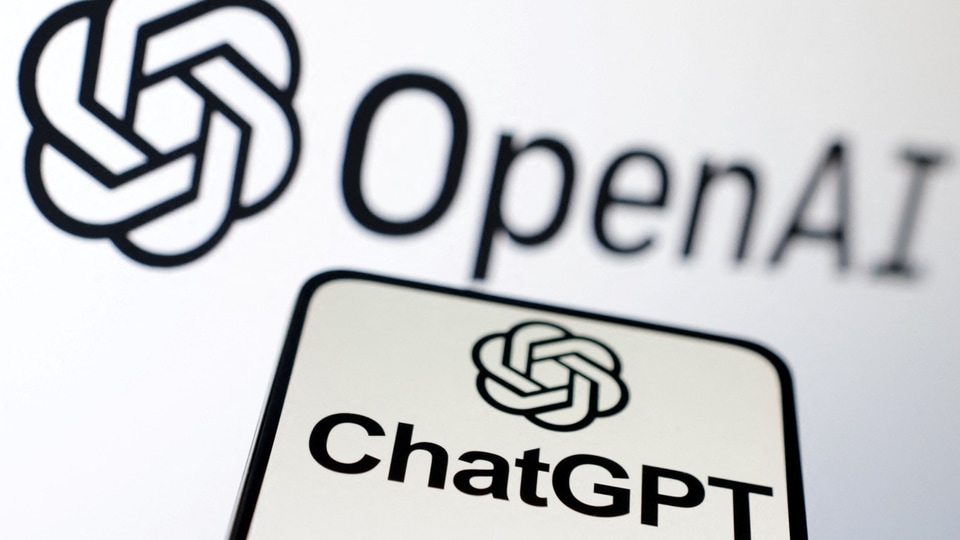
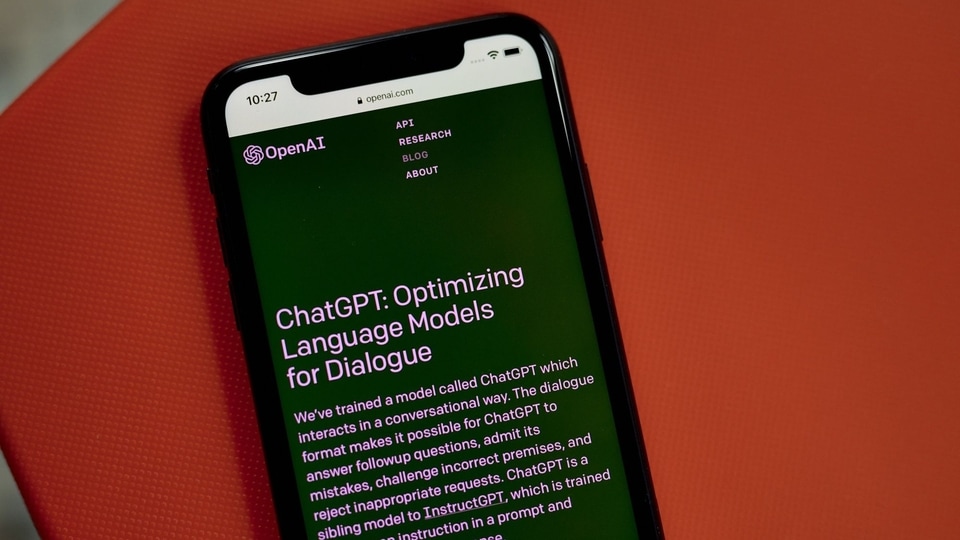
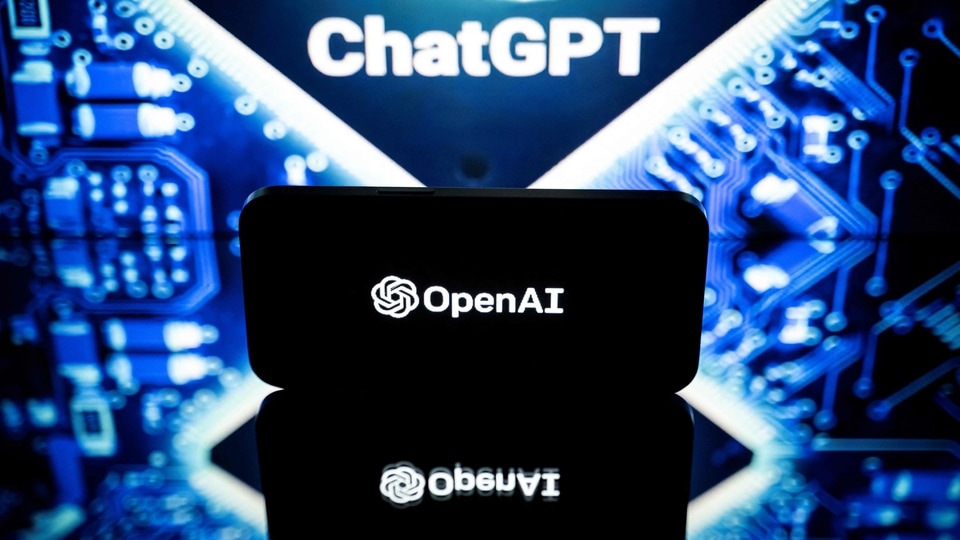


 View all Images
View all ImagesThe best part of the year for lovers is getting nearer by the day! We are, of course, referring to Valentine's Day. While you are searching for the best gifts for your loved one, do pay heed to a few dangers that may well spoil your big day. There are a number of threats online and you must ensure you are aware of them to know what action to take, if the need arises. Helping you in this endeavour is McAfee, which has shared its Modern Love Report highlighting how ‘Artificial Intelligence (AI) is Playing Cupid with 78% Indian Adults Falling for ChatGPT Love Letter'.
McAfee's study provides new evidence of both the benefits and potential downsides of AI tools like ChatGPT as they increasingly become mainstream and, how AI and the internet is changing the future of love and relationships. Cybercriminals may take advantage of such tools to prey on vulnerable people simply looking for love. Therefore, it is vital to understand whether people are able to truly distinguish between an AI and human.
In fact, AI's entrance to the online dating world indicates new concerns over romance fraud with 76% of Indian adults claiming they, or someone they know, has been catfished.
McAfee, a global leader in online protection, has released exclusive research on the astonishing impact AI will have on communication ahead of Valentine's Day. With ChatGPT starting to infiltrate every aspect of our daily lives, 78% of Indian people surveyed were unable to tell the difference between a love letter written by AI tool, ChatGPT, and one written by a human being. McAfee's Modern Love research report surveyed 5,000 people across nine countries to discover how AI and the internet is changing love and relationships.
McAfee's study provides new evidence of both the benefits and potential downsides of AI as tools like ChatGPT become mainstream. Interestingly, 62% of Indian adults are planning to use AI to help write their love letters this Valentine's Day, the highest out of all the countries surveyed, with 73% also using AI to boost their dating profiles.
“With the rise in popularity of artificial intelligence, particularly tools such as ChatGPT that anybody with a web browser can access, the chances of receiving machine-generated information are on the rise. While some AI use cases may be innocent enough, we know cybercriminals also use AI to scale malicious activity,” said Steve Grobman, McAfee Chief Technology Officer.
“With Valentine's Day around the corner, it's important to stay vigilant and use security solutions that can help safeguard your privacy and identity and protect you from clicking on malicious links a scammer might send. It is easy to drop your guard when chatting to a potential partner but it's important to be on alert if you're asked suspicious requests for money or personal information,” concluded Grobman.
Who Will Win Your Love: Human Versus Machine
While using AI bots to help those who feel ill-equipped to express their feelings might seem like a harmless use of an emerging technology, it demonstrates the growing challenges people face in identifying whether information received online is from a person or a machine. The vast majority (60%) of Indian respondents preferred a machine-generated love note in the style of e.e. cummings to his original 1952 poem ‘i carry your heart with me'.
The most popular reason given for using AI as a ghostwriter was that it would make the sender feel more confident (59%), others cited lack of time (32%) or lack of inspiration (26%), while 14% said it would just be quicker and easier, believing they would not be found out. However, 57% of respondents said they would be offended if they found out the note they had received was produced by a machine.
Stranger Danger
Using a dating site or social media channel is a convenient and proven way to meet a new love interest – but as McAfee's study shows, it's also never been more difficult to tell the difference between real and fake. In fact, 76% of Indians admit to being catfished – which is when somebody pretends to be someone they're not online – or knowing somebody who has. Additionally, 89% of Indian respondents have engaged in direct conversations with strangers on social media across platforms, compared to 66% globally. The most common platforms a stranger is likely to use to reach Indian adults are Instagram (64%), WhatsApp (59%) and Facebook (51%).
Those looking for love are often more vulnerable to scams, and cybercriminals use that to their advantage, engaging in long, sophisticated attempts to steal from their victims. With 76% of Indian respondents who have engaged with a stranger online, also having been asked to transfer money, which is always a red flag, particularly if you've never met them in person.
Personal details can be just as valuable to criminals these days. Information like place of birth or passport information can be extracted over time and used to access online banking or potentially even sold on the dark web.
Fortunately, a lot of people are already extremely vigilant when interacting with strangers online. Requests for personally identifiable info such as date of birth, email ID, home address, intimate photos, or videos most often give scammers away. Not being able to meet in person or do video chats (43%), fake profile photos (41%), requests for personal information (41%) alerted them to being catfished.
What to Do to Protect Yourself:
- Avoid being fooled by AI-generated text by being on high alert and scrutinizing any texts, emails, or direct messages you receive from strangers. There are a few tell-tale signs of an AI-written message. For example, AI often uses short sentences and reuses the same words. Additionally, AI may create content that says a lot without saying much at all. Because AI can't form opinions, their messages may sound substance-less.
- Never send money or gifts to someone you haven't met in person—even if they send you money first.
- Talk to someone you trust about this new love interest. It can be easy to miss things that don't add up. So, pay attention if your friends or family are concerned.
- Take the relationship slowly. Ask questions and look for inconsistent answers.
- Try a reverse-image search of any profile pictures the person uses. If they're associated with another name or with details that don't match up, it's a scam.
- Use privacy and identity protection technology. Security software can protect you from clicking on malicious links that a scammer may send you online, while also steering you clear of other threats like viruses, ransomware, and phishing attacks in general. It can look out for your personal information as well, by protecting your privacy and monitoring your email, SSN, bank accounts, credit cards, and other info that a scammer or identity thief may put to use. With identity theft a rather commonplace occurrence today, security software is really a must.
Catch all the Latest Tech News, Mobile News, Laptop News, Gaming news, Wearables News , How To News, also keep up with us on Whatsapp channel,Twitter, Facebook, Google News, and Instagram. For our latest videos, subscribe to our YouTube channel.


























